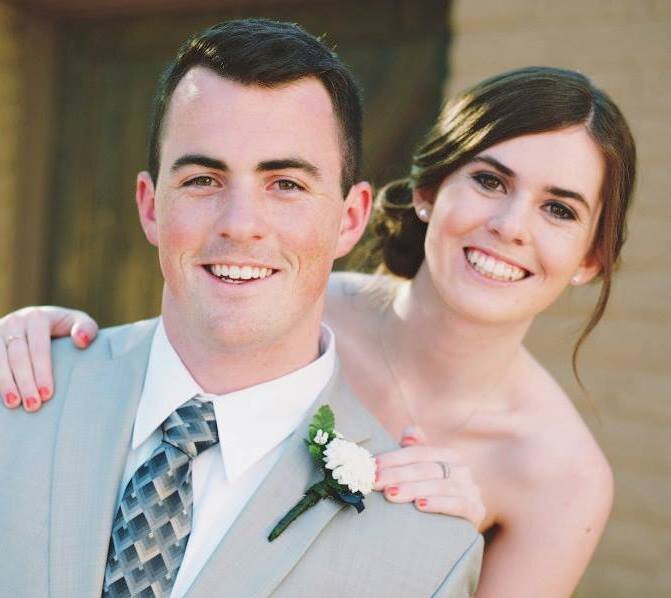What my doctor brother taught me about classical education.
Have you ever noticed that there are professions in the world that have a reputation for certain personality traits? Take engineers, for example. I know some wonderful and creative engineers who are excellent conversationalists, but I also know engineers who only know how to talk about engineering.
While you can perhaps say that their shared profession is just a coincidence, I would argue that you don’t really run into this issue with salesmen or saleswomen. Sure, you might run into other issues, but, typically speaking, a salesperson doesn’t struggle with communication. With engineers, it seems like their sense of logic and analysis overshadow other elements of their personality and can be considered cold. Sometimes those in medicine and coding can fall into this same category. I myself have worked with doctors who have a robotic bedside manner and almost inhuman disposition.
But then I think of my brother. His name is Ryan, and he's a doctor living in Washington with his stunning and equally competent wife, Liz. My brother is one of the most intelligent people I have ever met. He broke every academic record at our high school. He graduated with over $1.2 million in scholarship offers. He graduated 1st in his battalion and 3rd in his class at West Point Military Academy. To put the cherry on top - he graduated first in his class in medical school. What can I say? I’m a proud sister.
My brother checks every box on the list of what you expect someone gifted in math and science to achieve. But my brother can also keep up with my English Literature degree and participate in a lively debate on the merits of keeping Mark Twain in school curriculums. More than that, though, he weeps with those who weep. He has seen the cruelty of the human condition in abuse, neglect, and trauma in ways that most of us can’t fathom. Yet he chooses to press on - to hold the hands of the sick and suffering. He celebrates the joy of his patients. He rightly understands the importance of his family and walks humbly among his peers. For this, I am an even more proud sister.
So what makes the difference? What makes one doctor or engineer more empathetic than another? More conversational? More personal? One could say a great many things. Perhaps it’s genetics or the type of friends they had growing up. While that may be true - I have a different answer in mind.
It may surprise you to hear that, rather than attending a STEM school, my brother was classically educated in the liberal arts and sciences - both in his secondary education and in college. He studied literature, history, and composition right alongside calculus and chemistry. He wrote essays on Dante’s Inferno and memorized the Saint Crispin’s Day speech from Shakespeare’s Henry V, all while earning top marks in AP Physics. He has a brilliant, logical mind. But he also understands how to love and hate rightly, the meaning of justice, and the impact of prudence.
I think we sometimes fall into the trap of thinking that conversation is a natural skill. That some individuals burst into the world capable of stringing lovely, coherent thoughts together without much effort at all. That there are those lucky ducks who perfectly interpret social cues and dynamics. The rest of us unlettered dribblers will just have to suffer in antisocial silence.
But the truth is, the qualities I see in my brother were not born; they were practiced and honed. They come from habit and a disposition toward other people and the world. They come, in short, from his education. An education that emphasized the importance of virtuous character as equally as academic instruction. An education founded on face-to-face conversation in the classroom and patient persistence despite disagreement in that conversation.
In short, a classical education.
. . . .
If you’re looking to improve your own conversation skills, check out The Art of Conversation: A Guided Tour of a Neglected Pleasure. I highly recommend it.
Like what you read? I’d love for you to share it with a friend and invite them to join us at Common Sense Classical!


